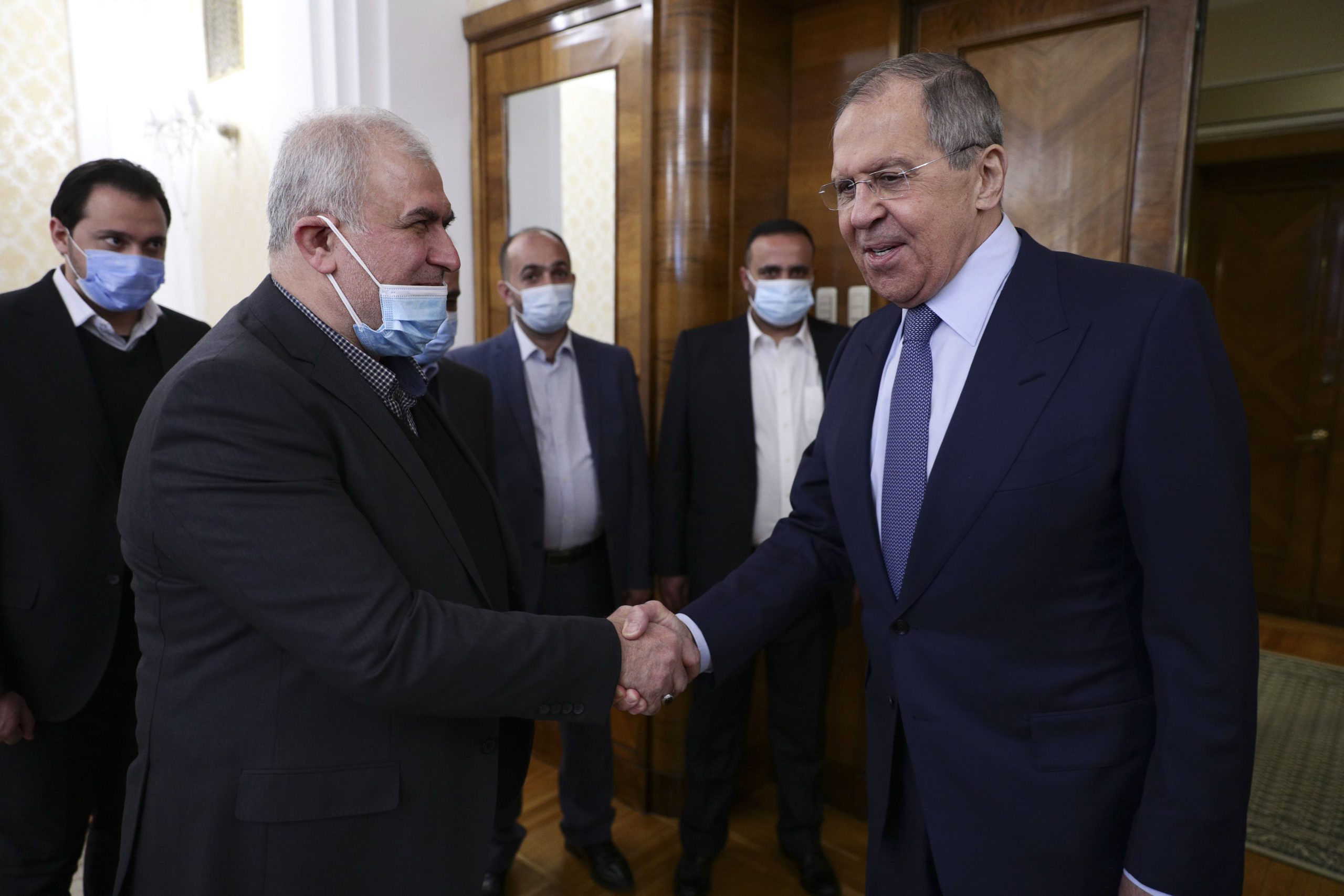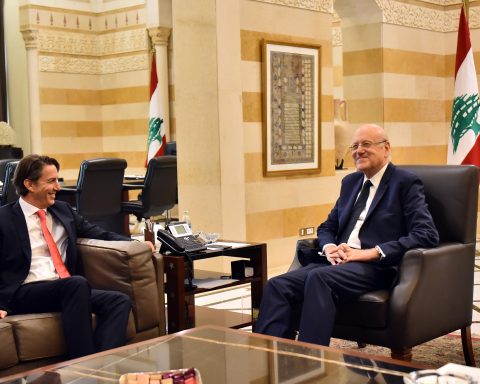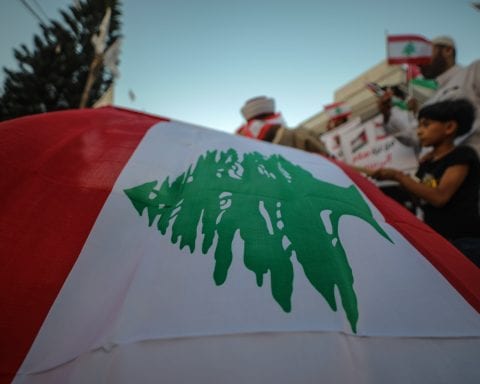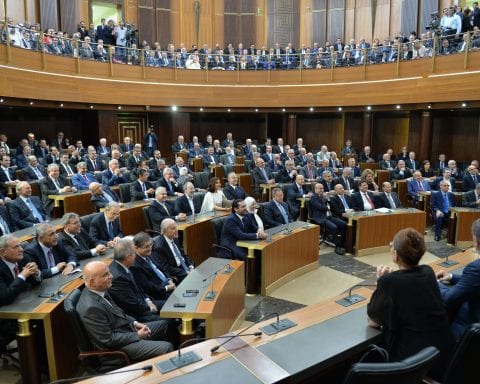On 15 March, in a rare visit by Lebanon’s Shia political party and militant group Hezbollah, the group’s parliamentary leader Mohammed Raad traveled to the Russian capital Moscow to meet with Russian Foreign Minister Sergey Lavrov. The two officials were reported to have discussed the situation in the Middle East, particularly the political and economic issues witnessed in Lebanon in the past months. According to an official statement from the Russian Foreign Ministry, Lavrov affirmed Moscow’s strong support of Lebanon’s sovereignty, national unity, and territorial integrity. The statement further indicates the necessity of involving all social groups in Lebanon within the country’s national dialogue without external influence, especially in the legal sector.
The meeting between Mohammed Raad and Sergey Lavrov is not the first meeting between Lebanese and Russian officials in recent weeks. During his tour of Gulf countries between 9 and 11 March, where he has met with colleagues in the UAE, Saudi Arabia, and Qatar, respectively, the Russian Foreign Minister met with the Lebanese Prime Minister-designate Saad Hariri in the UAE leg of his Gulf tour. Within this meeting, the two officials discussed the goals of a potential new government in Lebanon, supported by major political and religious groups, in overcoming the socio-economic crisis in the country. Furthermore, the two also put the Syrian issue on the table, where it was emphasized that there is a need to combine international initiatives to solve this issue within the framework of Resolution 2254 of the United Nations Security Council, adopted in 2015. Raad and Lavrov have also met in 2011, which was the first meeting between Hezbollah and the Russian Federation.
The latter half of the discussion between the Lebanese Prime Minister-designate and the Russian Foreign Minister was also brought into the agenda of the meeting between Raad and Lavrov. In terms of Syria, statements from the Russian Foreign Ministry emphasized that the repatriation of Syrian refugees, including those located in Lebanon, was underlined by Lavrov as important in the installation and implementation of long-term stabilization in the region. Though, according to political experts, the second issue of great importance for the representatives of Hezbollah was to find out whether there has been any change in Moscow’s attitude towards Bashar al-Assad, which the political and militant group has been supportive of since the start of the civil war that has ravaged the country into chaos.
From the perspective of Hezbollah, the meeting on 11 March between the Russian, Turkish, and Qatari foreign ministers has been perceived, to some extent, as a potential shift in Russia’s attitude towards the Assad government. When considered within the context of the Astana process, which has failed to produce results in the eyes of Moscow, and the dead-end reached within talks of the Syrian Constitutional Committee, Hezbollah’s thoughts on the Moscow-Ankara-Doha talks carries more weight. The group has been an avid supporter of the Assad regime’s fight against the Syrian National Coalition, which Hezbollah views as part of a Wahhabi-Zionist plot to eliminate its alliance with Bashar Al-Assad against Israel, as described by the Russian newspaper Nezavisimaya. Consequently, the move can be regarded as a way for Hezbollah to receive clarification of Moscow’s intent behind its recent political maneuvers, because, if there is such a shift, this would signify a massive strategic divergence, as indicated by Russian newspaper Novaya Gazeta, with Russia.
In this regard, Hezbollah’s concerns are further evoked with a meeting conducted between Sergey Lavrov and Israeli Foreign Minister Gabi Ashkenazi just two days after. The meeting between Lavrov and Ashkenazi, as described by the Russian Foreign Ministry, concerned the political settlement in Syria and developments with regards to Iran. While the news on this meeting has not been covered by newspaper outlets linked to the Hezbollah group or from Lebanon in general, certain newspapers have made comments on the ramifications of the Russian-Israeli meeting. Nezavisimaya reported on the Lavrov-Ashkenazi meeting within the context of the Raad-Lavrov meeting by underlining it as an ‘interesting coincidence’, somewhat alluding to potential reasonings behind the said meeting. In addition, the newspaper noted the meeting in its report two days later, by describing Russia’s meeting with Hezbollah as a cause of confusion, but with the intent of maintaining balance in terms of not only Iran but also with loyalists. Meanwhile, the Russian Foreign Ministry only shortly announced that the two exchanged views on the overall situation in the MENA region, focusing on the status of the Palestinian-Israeli peace process and the prospects for promoting peace settlements in the Middle East, as well as on developments in Syria, which makes the correlation between both meetings a matter of mystery.














